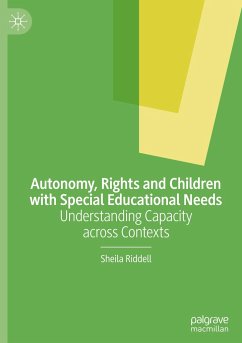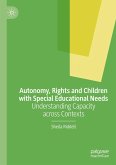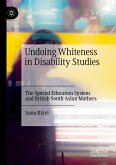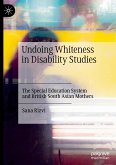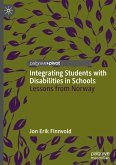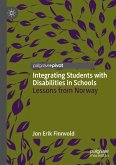This books examines the increased prominence of children's rights in education to ask whether we are witnessing a paradigm shift within the education system. The author uses a wide range of case studies from Scotland and England to examine the extent to which children and young people with Special Educational Needs/ Additional Support Needs are in practice able to realise their new rights of participation and redress. In addition, the book examines the ways in which the child's capacity to make independent decisions is understood and acted upon in different contexts, and the factors which ultimately promote or inhibit the rights of young people and children with SEN/ ASN. The author asks whether, in a context of tight budgets and often limited support, this new emphasis on children's rights can be seen as 'window-dressing' and a distraction from reductions in support for social welfare.
Bitte wählen Sie Ihr Anliegen aus.
Rechnungen
Retourenschein anfordern
Bestellstatus
Storno

